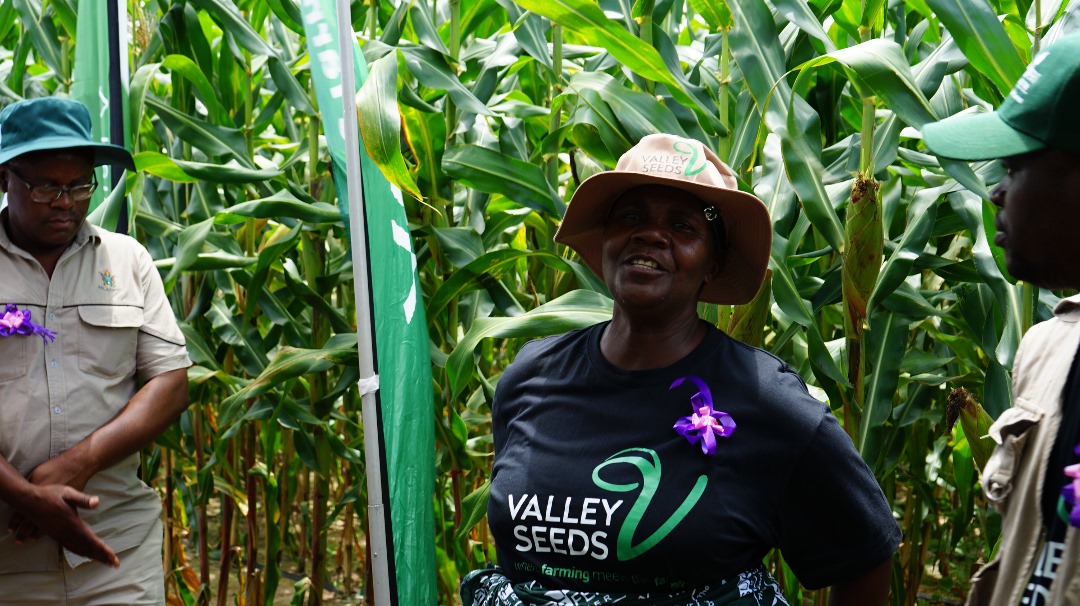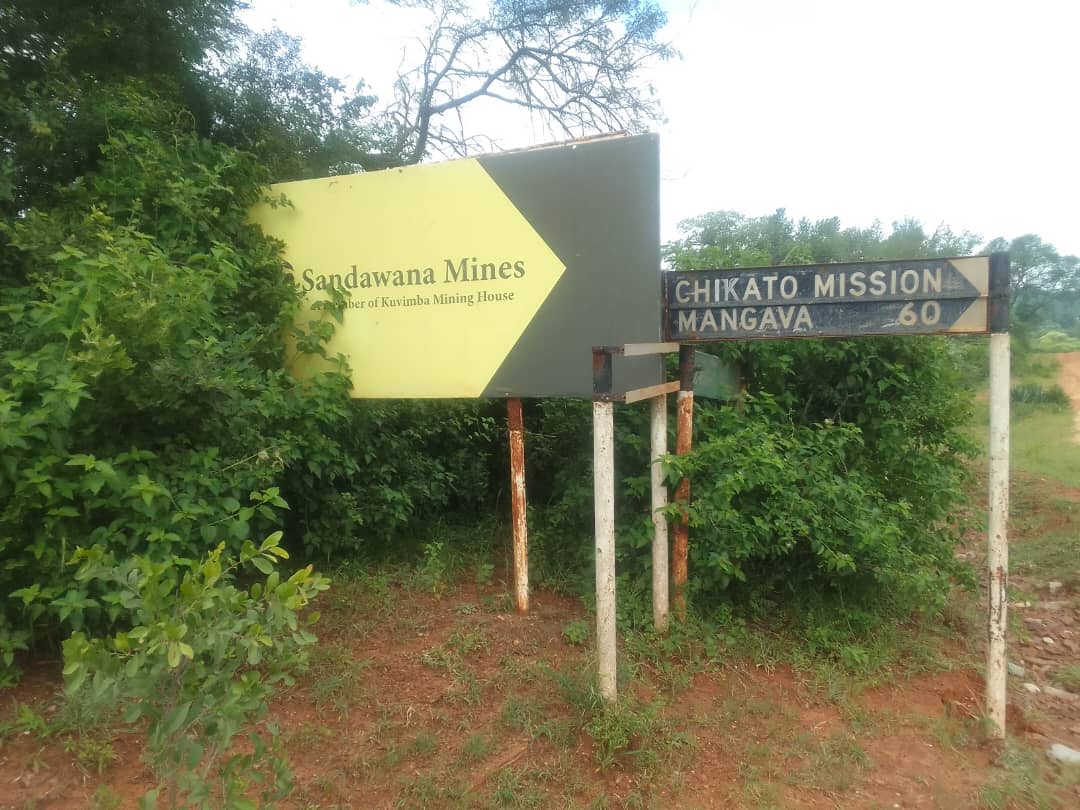Rutendo Chirume
The Food and Agriculture Organization of the United Nations (FAO) has praised Zimbabwe’s improved food security which has seen the country getting removed from the Global Hunger Hotspots list.
The country’s food security situation was recently confirmed in a joint report by FAO and WFP, supported by the European Union (EU) through the Global Network Against Food Crises (GNAFC).
Lesotho, Malawi, Mozambique, Namibia and Zambia are the other Southern Africa countries that have also been struck off the list.
An early warning framework jointly produced by the FAO) and WFP, the Global Hunger Hotspots list identifies countries and regions facing or are at risk of facing acute food insecurity.
In a statement, FAO Subregional Coordinator for Southern Africa, Patrice Talla described the latest development as a testament to resilience and partnership.
“For Zimbabwe, exiting the Hunger Hotspots list represents more than just a statistical shift; it signifies renewed hope, enhanced stability, and the potential for accelerated economic and social development. The designation as a “hunger hotspot” carries significant weight, often triggering emergency aid and focusing attention on immediate needs. Removing this label allows Zimbabwe to shift its focus towards long-term sustainable development, fostering resilience within its food systems, and attracting investments in critical sectors,” Talla said in the statement.
He said interventions such as climate-smart farming, support for smallholder farmers under the Pfumvudza/Intwasa programme, and improved food systems have helped stabilize the situation.
“The journey towards food security has been a collaborative one, spearheaded by the Government of Zimbabwe with robust support from FAO, and wise investments from various donors and funding partners. The Zimbabwean government’s commitment to addressing food insecurity has also been commendable. By launching national programs aimed at improving agricultural practices and nutrition, the government has laid the groundwork for a more food-secure future,” he said.
Talla further praised the government’s support for smallholder farmers, improved access to essential agricultural inputs like seeds and fertilizers through the Pfumvudza/Intwasa programme and the promotion of climate-resilient farming practices.
Between 2014 and 2024, Zimbabwe appeared on the Hunger Hotspots list six times, highlighting widespread vulnerability to hunger and malnutrition.








